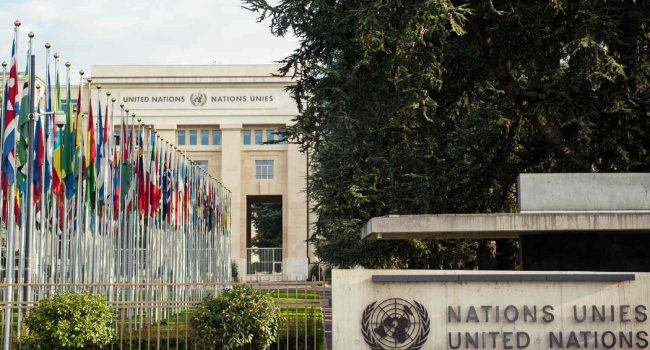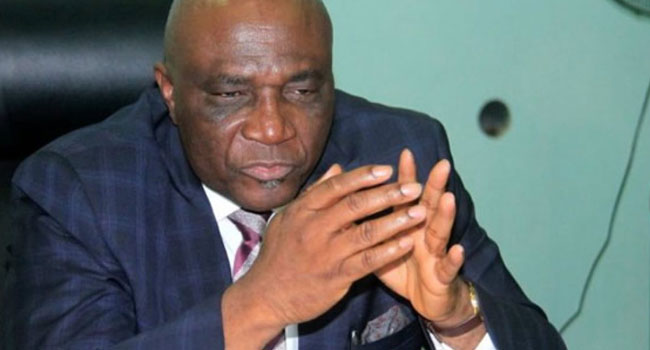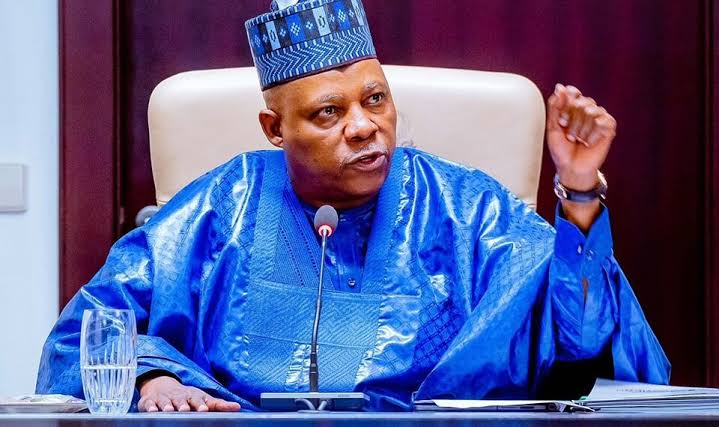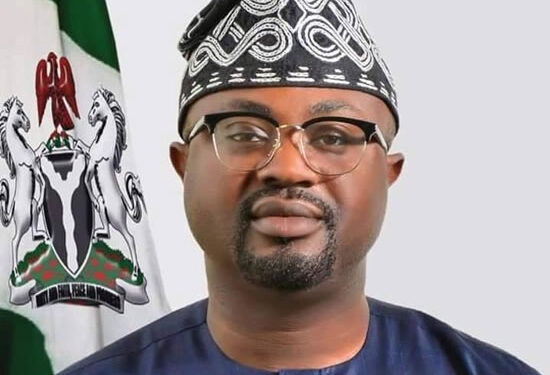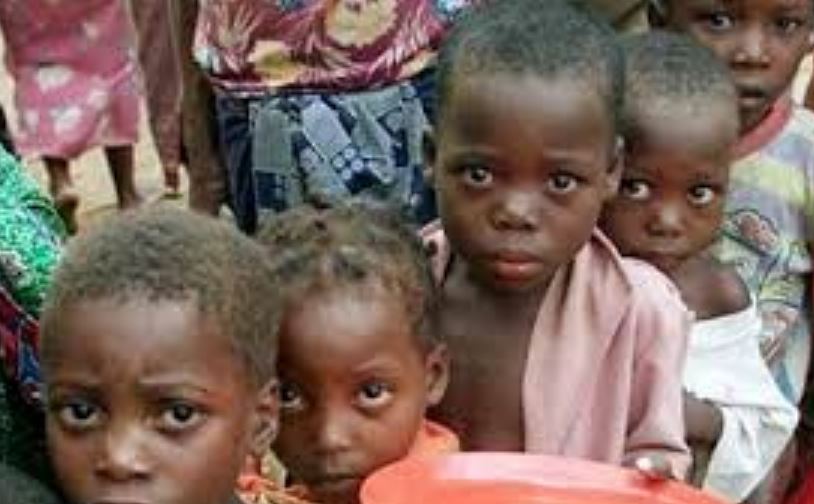President of the Nigerian Association of Chambers of Commerce, Industry, Mines and Agriculture (NACCIMA), Dr Jami Ibrahim, has affirmed that Nigeria’s ambition of building a one trillion dollar economy by 2030 is achievable.
Ibrahim, who said this on Saturday in Abuja at the NACCIMA Youth Entrepreneur National Youth Summit 2025, stressed that the road to its achievement lay in digital transformation.
He urged government at all levels alongside stakeholders to work assiduously toward unlocking the potential of the youth to achieve the nation’s goal.
“Nigeria’s ambition of building a one trillion dollar economy by 2030 is bold, it’s also very achievable. But you only realize it if we unlock the future full potentials, the full potentials of our youths.
“So, I want to throw a challenge to the youth that it can be done, and that the element and the people that we do it is those of us who are sitting in this room today, the youth.
“The road to this economy lies in digital transformation. Digital transformation, innovation driven entrepreneurship and robust policy frameworks that enable young people to thrive. Young people must thrive,” he said.
The NACCIMA boss who advocated a conducive environment for youth to thrive in business, urged the lawmakers to pass necessary law to promote business development in the country.
“Perhaps maybe we’ll be engaging the legislatures, you know, for legislative agenda that they should pass a law that you must not discriminate against any young business in this country so that they can be encouraged.
“ Let them know that they have the full backing of the law to do what they have to do. It’s a task and it must be done. There is no alternative. It is something that must be done,” he said.
While giving the commitment of NACCIMA in ensuring the achievement of the economic target, he highlighted the association’s focus areas for strategy to include trade facilitation and export promotion.
He said that it also included simplifying trade processes, improving logistics and opening up markets for our youths, enterprise development and MSME support.
The president said this also included building the capacity of small businesses through incubation and linkages going forward.
“The small businesses are the ones that are going to turn around the fortunes of our country. And the earlier the better if we realise it, support them, nurture them, fund them, promote them and open markets them.
“The earlier we do that the better for us. And they are easy to scale. They are easy to form, you know, and small businesses that we’re talking about, you’ll be shocked what they can do.
“A lady that is selling akara, you know, by the roadside, it’s a small business, but I’m sure she’s engaging two or three people at that point,” he said.
According to him, they may be her children or her relations, but as a supply chain, you know, in that business.
“It is very easy to scale small businesses, bring them up to speed so that they can realize the objectives that this country greatly needs.
“Then they are the ones that will come to become big businesses because you must start small. They are the ones that will be big businesses of tomorrow,” he said.
The Minister of Youth Development, Ayodele Olawande, represented by Mr Ugonna Aneke, an official in the ministry, harped on the need to strengthen the capacity of the youth.
“We need to strengthen our economies and sustain our environments. Sustainable innovation, innovation that balances economic progress with environmental stewardship and social inclusion, has become a necessity and not a choice.
“It is in this journey our youth are the greatest catalyst. They bring bold ideas, digital adaptability, and the courage to disrupt the status quo.
According to him, Nigerian youth population, the largest in Africa, is one of our greatest assets. We see daily evidence of their resilience, creativity, integrity, farmland, classroom, and education.
“They are creating industry and local communities. From non-experimental human-brain startups to digital innovators, driving smart solutions for agriculture, health, education, clean energy
“Nigerian youth are showing that they are ready and able to lead the transition to a more sustainable future.
“As a ministry responsible for youth development, we remain steadfast in our commitment to empowering our young people with skills, resources, and enabling environment they need to drive,” he said.
Alhassan Doguwa, Chairman of the House Committee on Petroleum Resources (Upstream) and the Special Committee on Oil Theft, commended the Federal Government for initiating policies that are youth oriented.
“I want to believe even Nigerian governments across the federation are doing a very much to empower Nigerian youth because they actually hold the key to the economic development of our country.
“If there’s anything to add to this probably is the fact that despite the best and the very best we are doing, how do we make people do more. Probably the best they are doing may not have been good enough.
“So I, as one of those that can be with the cycle of institutions of government, have accepted this as a challenge.
“That within the course of my duty and my work as a legislator, I have a feeling that we still have to do more, and more.
“This is to make sure Nigerian youth contribute their quota, in the areas they can do for the economic development and other developments in our country,” he said.
Mr Rotimi Olaoluwa, the National Publicity Secretary for NACCIMA Youth Entrepreneur, described the summit as first of its kind.
Olaoluwa said that the summit brought all the stakeholders together with the intent of unlocking the youth potentials for the development of the nation.
“The major take home from this event is for us to look at the opportunity in different Ministries Departments and Agencies (MDAs) and other partners, what they have for the youth.
“Because we’ve realised that a lot are sitting with so many MDAs and other organizations that the youth are not aware of.
“That’s why we are bringing those major stakeholders to tell us the programme they have in their different organisations so the youth can tap in to that opportunity,”he said.
